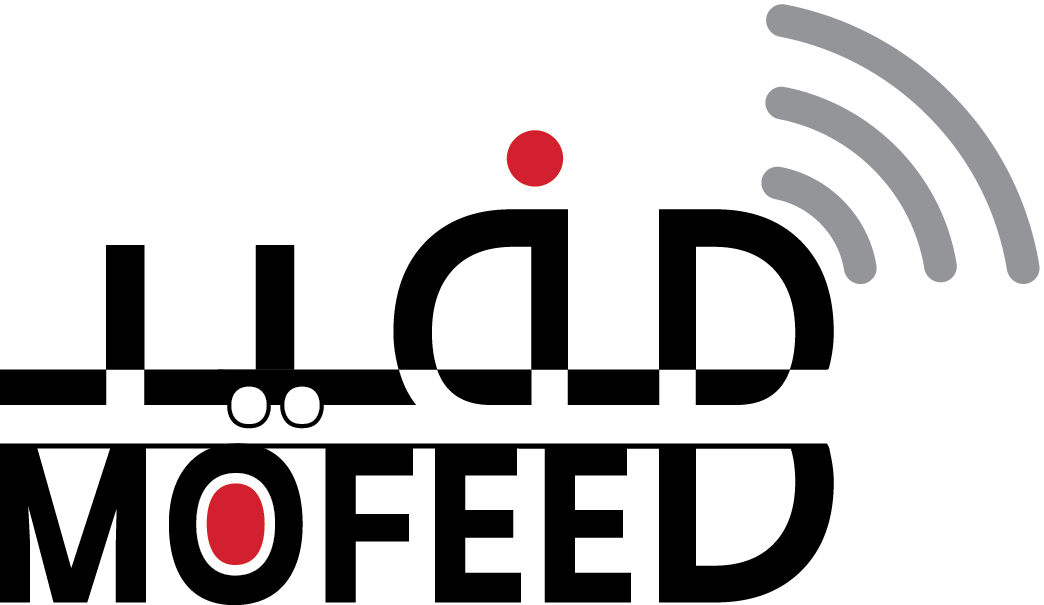Gaming Behavior Disorder and Its Association with Social Phobia during COVID-19 Pandemic: A Cross-Sectional Study among the Young Arabs
Frontiers in Psychiatry This article aims to assess the prevalence of severe phobia and addiction to online gaming among Arab adolescents amid an increase in online gaming during the COVID-19 pandemic and to identify risk factors associated with these disorders. Journal Article
Read More